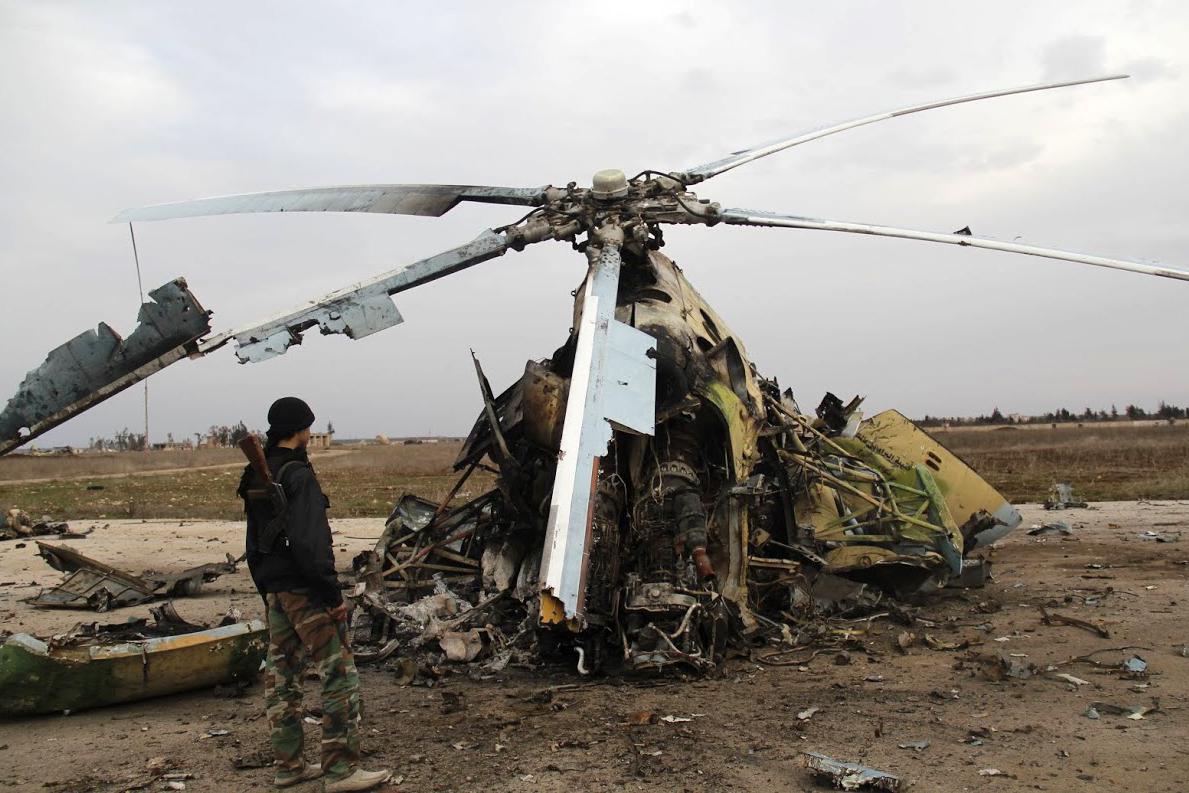Events in Gaza and Ukraine have, for the time being, taken global attention away from the Syrian civil war and the ISIS’s advance through Iraq. The Atlantic’s Jeffrey Goldberg sees this as a sign of an international obsession with Israel. There’s something to that, but I think it likely has more to do with novelty. Syria is a long-running conflict. Americans are reminded of it whenever something dramatically changes: use of chemical weapons raising the possibility of U.S. airstrikes, or the conflict expanding into Iraq.
Nothing has happened recently to quite rival the flare-ups happening elsewhere, but the situation has deteriorated significantly. Last Thursday and Friday were the two bloodiest days yet in Syria’s civil war, with more than 700 people killed in fighting between the government and ISIS, the Sunni militant group that recently rebranded itself as the Islamic State. An ISIS suicide bombing in Baghdad killed 31 people, mainly civilians, in Baghdad yesterday, and the group appears to be consolidating its political control over the areas it has conquered and has acquired a new revenue stream by smuggling oil.
Meanwhile, Iraq’s political leaders have so far been unable to agree on the kind of power-sharing agreement likely necessary to confront the insurgency. Iraqi security forces, meanwhile, have been accused of killing civilians with barrel bombs, the same crude and brutal weapon favored by Bashar al-Assad’s forces in Syria.
One big problem with the now prevalent “arc of global instability” narrative is that it lumps together short-lived flare-ups of long-running local conflicts with much larger and more transformative events. Sooner or later, the violence in Gaza will be resolved by a cease-fire, though the question is how many more people will die before it happens. The violence in eastern Ukraine flares up and dies down, but despite the understandable wariness in Eastern Europe, it seems unlikely to spread beyond its immediate region.
The twin civil wars in Iraq and Syria are another story: a long-running and increasingly chaotic situation without an obvious political solution, even a short term one. The violence challenges long-standing borders in the region and could increase the risk of international terrorism, and the refugee crisis it has created will continue to place strain on surrounding countries. Given the Iraq war and the deepening U.S. involvement in Syria, I would also argue that it’s the crisis the U.S. bears the most direct responsibility for.
This week’s most discussed tragedies will eventually come to an end. But the chaos in Iraq and Syria isn’t going anywhere.
